OUT NOW on BANDCAMP
Takushi Minagawa w/ Munsha
Live at Gレム丂丂 /AmorphQ
A live performance by Takushi Minagawa (sopranist) and Munsha (alto) recorded in Trickster (Berlin) on Febraury 2024.
The session is performed with the sole use of voices and the aid of effects such as loopers, delays and octavers.

PIROUETTE
12 mins, super 16mm film, 2024
World Premiere May 4th

A dreamlike journey, a disintegration into a fluid Human-animal-plant-machine consciousness, Pirouette follows a sound artist who records horse sounds using her own body, while a cellist on the street invades her imaginary. It is the psychedelic conclusion of the horse-foley trilogy: Passage (2020) – Piaffe (2022) – Pirouette (2024).
A film by Ann Oren
Featuring: Simone Bucio & Munsha / Camera: Carlos Vasquez / Production Design: Ilaria Di Carlo / Props: Julia Neuenhausen / Costume Design: Anna Philippa Müller / Hair & VFX: Sada Leigh Sherrin / Makeup: Prinz Basil / Music: Daniela Lunelli aka Munsha / Sound Design & Mix: Robert Hefter / Foley Artist: Jonas Vicent / Color: Steffen Paul / Post Production: Basis Berlin.
World Premiere @ Oberhausen Kurzfilmtage
Deutscher Wettbewerb / May 4 2024

↓ An OVERVIEW of latest PRODUCTIONS ↓

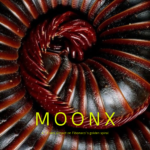


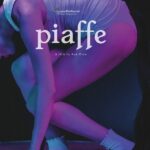






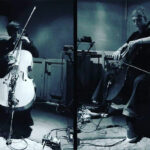





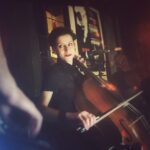


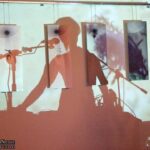

< Visit the ON STAGE page for Concerts and Live performances >

